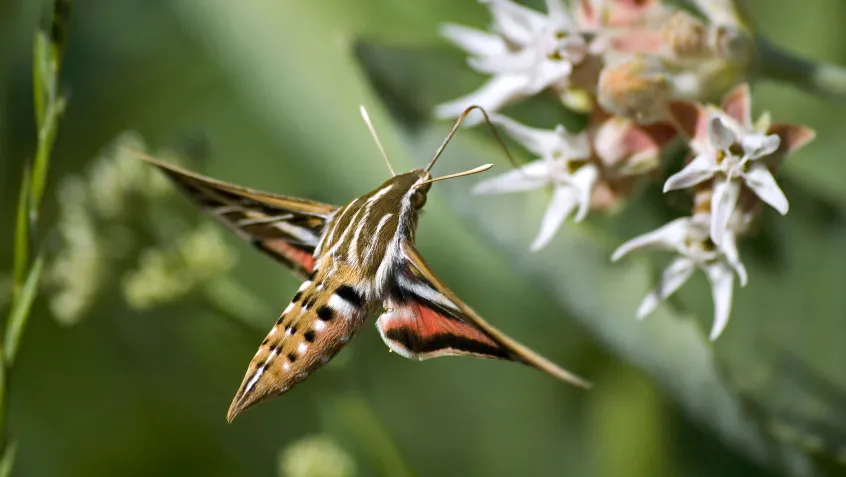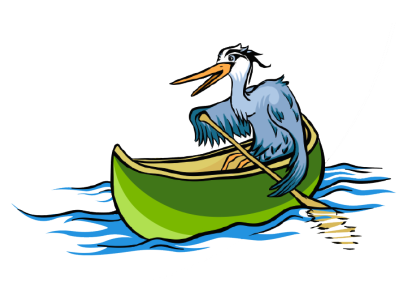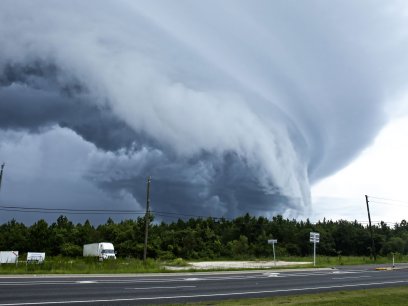
Have you thanked a pollinator today? Globally, about 1,000 plants we depend on for food and products need to be pollinated by animals, including coffee, tasty snacks like melon, chocolate and almonds, and even tequila. Hummingbirds, bats, beetles, bees, ants, wasps, butterflies, and other small animals help plants reproduce by transporting pollen within a flower or between flowers, resulting in healthy fruits and fertile seeds.
About 75% of all plants, including those in our yards, gardens, and parks, depend on pollinators. Home gardens in urban, suburban, and rural areas play an important role in providing habitat for pollinators and protecting them from threats. During National Pollinator Week, use these tips to create a pollinator-friendly habitat.
- Plant a variety of plants that bloom from early spring to late fall. Planting in clumps will help pollinators find plants. Choose plants that are native to your region (enter your zip code here to find regional planting guides), meaning that they are adapted to local climate, soil, and pollinator species. Including plants that bloom at night will attract bats and moths.
- Reduce or eliminate pesticide use. If you must use a pesticide in your yard or garden, use the least toxic product possible. Pesticides can be particularly harmful to bees, so read the product label carefully and apply it at night, when bees and many other pollinators are not active.
- Create bee habitat. Leaving a dead tree or tree limb in your yard provides nesting habitat for bees (make sure dead trees/limbs are not safety hazards for people working below them). You can also create a “bee condo” by drilling holes of various sizes about three to five inches deep in a piece of scrap lumber. Mount the lumber to a post or under eaves with southern exposure.
- Provide nectar for hummingbirds. Make nectar by combining four parts water to one part table sugar (do not use honey, artificial sweeteners, or fruit juices). Add something red to the feeder to attract hummingbirds, and be sure to clean the feeder with hot, soapy water twice a week.
- Learn more about pollinators. Visit The Pollinator Partnership website to learn more about National Pollinator Week, get fast facts about pollinators, access garden guides, and more.
Sources:
- The Pollinator Partnership. 2016. "National Pollinator Week." Accessed June 20. www.pollinator.org/pollinatorweek/
- The Pollinator Partnership. 2016. “Pollination Fast Facts for Gardeners.” Accessed June 20. http://www.pollinator.org/PDFs/NPW/2016/Pollination_Facts_Gardeners.pdf…;


